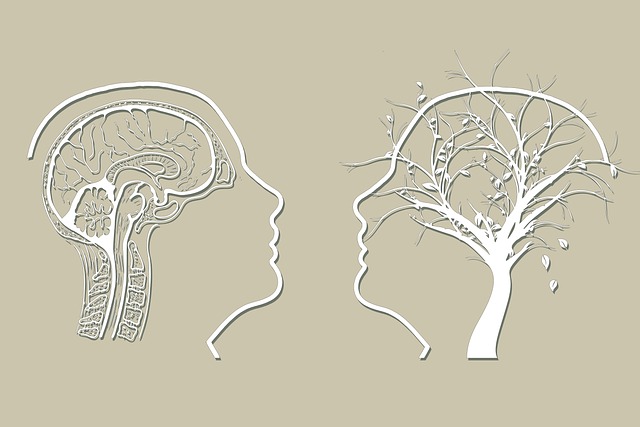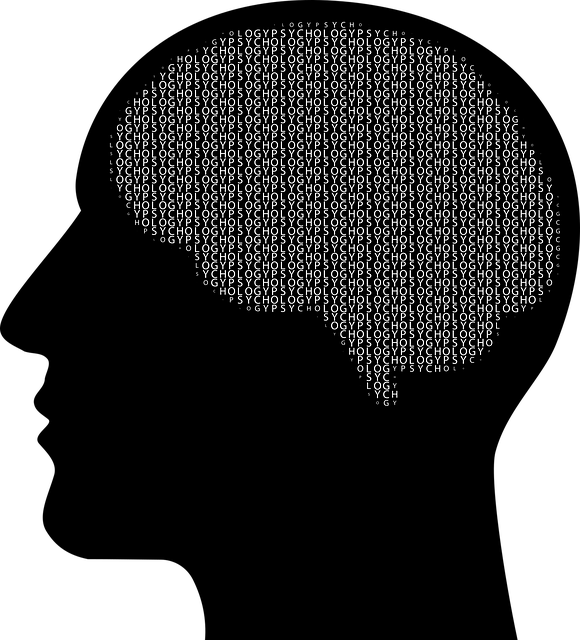Designing an effective Louisville Child Abuse Therapy (LCAT) program requires a deep understanding of local community needs, gathering data on abuse forms and service gaps, and focusing on holistic healing. The curriculum should include interactive elements like case studies and role-playing to engage students, with real-world examples from LCAT fostering empathy and critical thinking. The program aims to empower children with coping strategies, mindfulness techniques, and emotional regulation skills, promoting long-term mental wellness and resilience. Through therapy, workshops, and public awareness campaigns, LCAT offers a comprehensive solution that benefits victims, families, and the community, emphasizing early intervention for lasting emotional intelligence development.
Louisville, like many cities, faces challenges in addressing child abuse and its lasting impact on mental health. This article explores the design and implementation of an innovative therapy program aimed at empowering children and their communities. Through a multi-faceted approach, we discuss assessing community needs, crafting engaging curricula, and evaluating the program’s effectiveness to ensure it meets the unique goals of Louisville’s Child Abuse Therapy initiative.
- Assessing the Need and Identifying Goals for a Louisville Child Abuse Therapy Program
- Designing Engaging Curriculum and Activities for Effective Mental Health Education
- Implementing and Evaluating the Impact of the Louisville Child Abuse Therapy Program
Assessing the Need and Identifying Goals for a Louisville Child Abuse Therapy Program

In designing a Louisville Child Abuse Therapy program, the initial step is meticulously assessing the local community’s unique needs regarding mental health support for children affected by abuse. This process involves gathering data on prevalent forms of child abuse, existing support systems, and gaps in services within Louisville. By understanding these factors, program developers can tailor interventions to address pressing issues effectively. For instance, identifying high-risk neighborhoods or communities with limited access to specialized therapy can guide the placement of resources and services.
The goals of such a program should focus on holistic healing and long-term mental wellness. Targeting stress reduction methods tailored to children’s needs is essential. This may include teaching coping strategies, mindfulness techniques, and emotional regulation skills to help young individuals manage trauma-related symptoms. Additionally, promoting self-esteem improvement through therapeutic activities and group support can empower children, fostering a sense of resilience and empowerment. Ultimately, the program should aim to equip children with the tools to navigate their mental health journeys and enhance their overall quality of life.
Designing Engaging Curriculum and Activities for Effective Mental Health Education

In designing an effective mental health education program, creating a compelling and engaging curriculum is paramount to capturing students’ attention and fostering a deeper understanding of various mental health topics. The curriculum should be comprehensive, covering a range of issues from stress management and emotional intelligence to more severe conditions like anxiety relief and depression. Interactive activities, case studies, and role-playing scenarios can significantly enhance learning outcomes. For instance, incorporating Louisville Child Abuse Therapy case histories into discussions not only provides valuable insights into a critical aspect of mental health but also encourages empathy and critical thinking among participants.
Activities aimed at developing inner strength through mindfulness exercises or group discussions on resilience can empower individuals to navigate stress and build coping mechanisms. Moreover, including risk assessment techniques for mental health professionals is essential to ensure the safety of both practitioners and clients. By combining theoretical knowledge with practical activities, such as workshops on effective communication and active listening, the program can better prepare students to handle real-world scenarios, thereby improving their ability to offer quality care in Louisville Child Abuse Therapy settings or other healthcare environments.
Implementing and Evaluating the Impact of the Louisville Child Abuse Therapy Program

The Louisville Child Abuse Therapy (LCAT) Program serves as a shining example of effective mental health education and intervention. Implemented with the aim of addressing child abuse and its lasting impacts, LCAT combines therapy sessions, educational workshops, and public awareness campaigns to create a holistic approach. This program targets not only the immediate victims but also their families and the broader community, fostering a culture of understanding and inner strength development.
Evaluating the impact of LCAT reveals significant improvements in emotional regulation among participants. Through tailored therapeutic strategies, children and adolescents gain essential coping skills, enabling them to navigate future challenges with resilience. The program’s success underscores the power of early intervention and highlights how public awareness campaigns development can lead to transformative changes. By integrating educational components into therapy, LCAT ensures that individuals not only recover but also develop long-lasting emotional intelligence.
The Louisville Child Abuse Therapy program’s success lies in its holistic approach, combining comprehensive education with engaging activities. By assessing the community’s unique needs and setting clear goals, this initiative ensures a lasting impact on mental health. Through effective curriculum design, it offers valuable skills and knowledge to young minds, empowering them to navigate life’s challenges. The program’s evaluation process is crucial for continuous improvement, allowing for adjustments based on real-world outcomes. This strategic approach to mental health education has the potential to revolutionize support systems in Louisville and serve as a model for similar initiatives worldwide.














